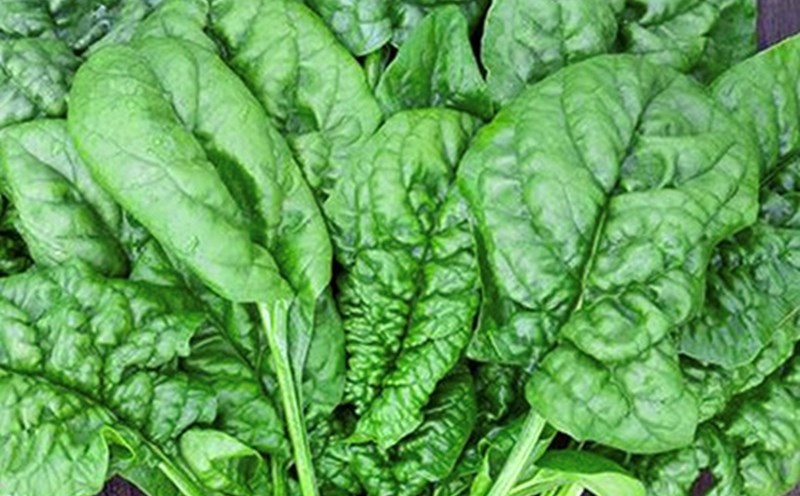Water spinach
Water spinach is popular in Vietnamese meals, containing many minerals such as fiber, protein, calcium, iron, vitamin A and vitamin C. Eating water spinach is good for people with anemia, low blood pressure, osteoporosis...
However, water spinach is not suitable for people with inflammation, pain in joints, urinary tract inflammation due to kidney stones, high blood pressure, gout. People who are receiving treatment for internal medicine, surgery or skin injuries should also limit water spinach.
According to information from MEDLATEC General Hospital, water spinach leaves are easily packed with pesticides and harmful substances that increase the risk of food poisoning.
Therefore, when eating water spinach, you need to choose a safe, clean, cook thoroughly to avoid the parasite of Fasciolopsis buski leaf entering the body, causing indigestion, allergies and abdominal pain.
Malabar spinach
Malabar spinach helps cool and detoxify well during hot summer days, so it is popular with many people. However, people with kidney stones and diarrhea should consider eating Malabar spinach.
Dong Y doctors say that Malabar spinach contains a lot of purines, which when entering the body will become uric acid. When uric acid content is high, the risk of kidney stones increases and the concentration of calcium oxalate in urine exceeds normal levels.
Malabar spinach is cool, anti-constitial, and laxative. However, because of the above characteristics, people with diarrhea and congestion should not eat, which will make the symptoms increasingly severe.
Malabar spinach
On hot summer days, Malabar spinach is used a lot to cook soup, a light dish, good for postpartum women. Malabar spinach is cool, cool-deduces, contains many vitamins, potassium, calcium, magnesium, B1, B2, B6, good for the health of the elderly and children.
However, pregnant women are warned that eating Malabar spinach can cause miscarriage, premature birth, and miscarriage. Because Malabar spinach contains Papaverin - a substance that dilates smooth muscles of blood vessels, helps reduce pain and lower blood pressure, but causes uterine contractions, increasing the risk of miscarriage.
Amaranth
Amaranth is also chosen by many families for meals on hot summer days. Boiled amaranth and amaranth soup are both cooling and beneficial to users' health with a series of nutrients such as vitamins, minerals, iron, calcium, etc.
However, it should be noted that amaranth contains a lot of oxalic acid, which inhibits the absorption of calcium and zinc, which can easily form oxalate stones. Therefore, people with rheumatoid arthritis, gout, kidney stones need to pay attention. Amaranth is weldable, people with cold, and people who are often outdoors should not eat it.
In particular, note that amaranth should be used once after cooking. Do not re-feed because nitrates in the leaves will be converted into nitrites, a substance that can cause cancer and is not good for children's health.








